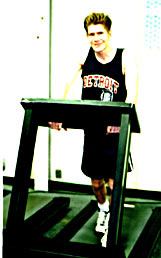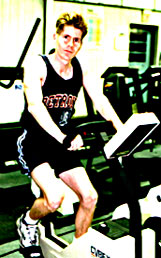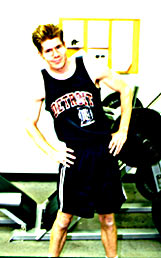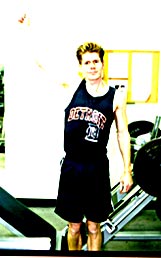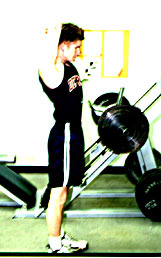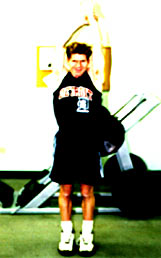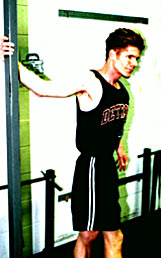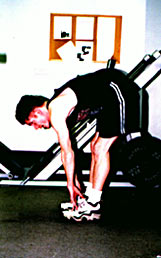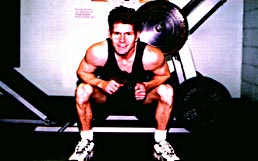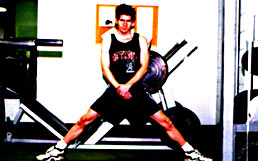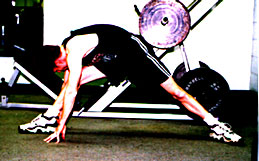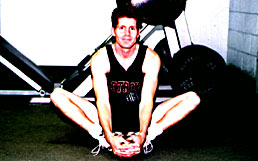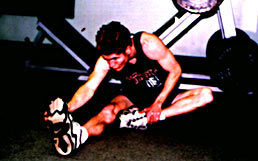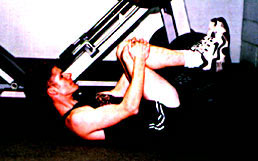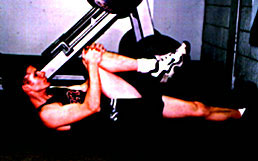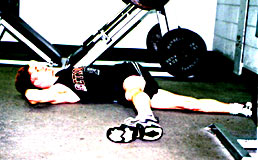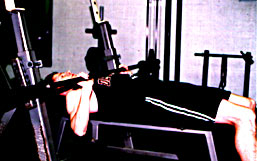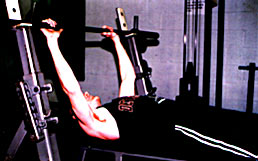| |
|
BASICS OF TRAINING: Part 3
|
| Davey Dunn |
|
I once knew a strength coach who liked to say that training without properly warming up is like playing Russian Roulette--sooner or later you are going to get injured. This strength coach was right on the money in his analysis of the risks you take with your body when you fail to properly warm up before you begin exercising. Unfortunately most people must either be unaware of the risks or they are ignorant of how to warm-up because it is rare to see anyone do a proper warm-up routine in most gyms. |
| The good news is that it is actually very easy to properly warm-up and the benefits in addition to avoiding injury include an increase in performance in the activity you are about to perform. A good warm-up should accomplish two main objectives: (1)warm the core body temperature and (2) increase the elasticity of the muscles, tendons and ligaments. The following guidelines accomplish both of these goals and should be included in any warm-up routine.
|
|
(1) Break a sweat BEFORE you start stretching. You need to warm your core body temperature before you start to stretch. The easiest way to tell that your body is properly warm is that you are sweating. You can break a sweat by performing some light jogging or by riding a stationary bike for 10-15 minutes.
|
|
(2) Stretch to the point of mild tension and then hold for 20-30 seconds. After 20-30 seconds the tension will subside and you should increase to the next point of mild tension and hold for another 20 seconds.
|
| (3) Do not overstretch. Stretching should not be painful so if you experience pain you are probably overstretching. Decrease the stretch until you find the comfortable tension level.
|
|
(4) Avoid bouncy or jerky movements. |
| (5) Stretch before and after you workout. You should always have a warm-up and cool-down period for every workout. Include stretching before and after to prevent injuries and increase performance.
|
|
(6) Perform sport-specific warm-up exercise prior to going all out. You should finish you warm-up routine with movements that are similar to the sport you are about to engage in. For example, if you are going to lift weights you will want to do a few light sets before going heavy.
|
|
If you are unfamiliar with how to actually perform different stretches then review the following pictures:
|




